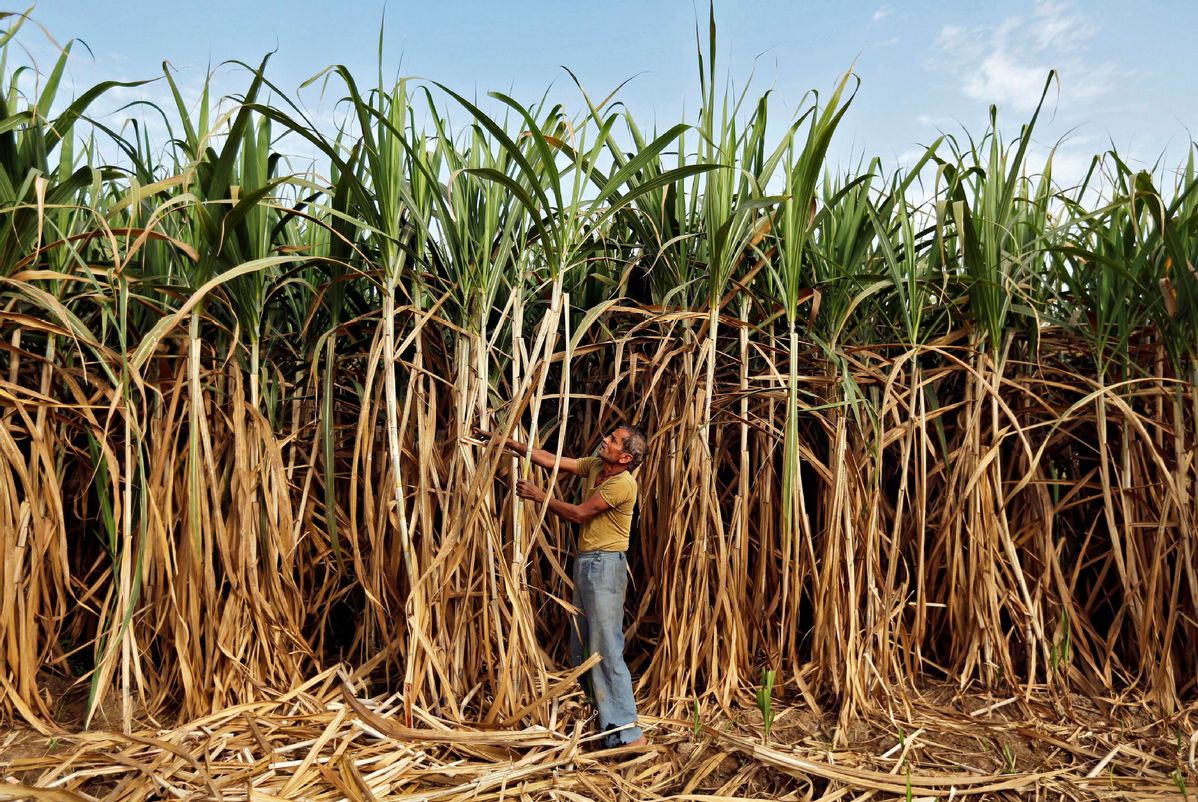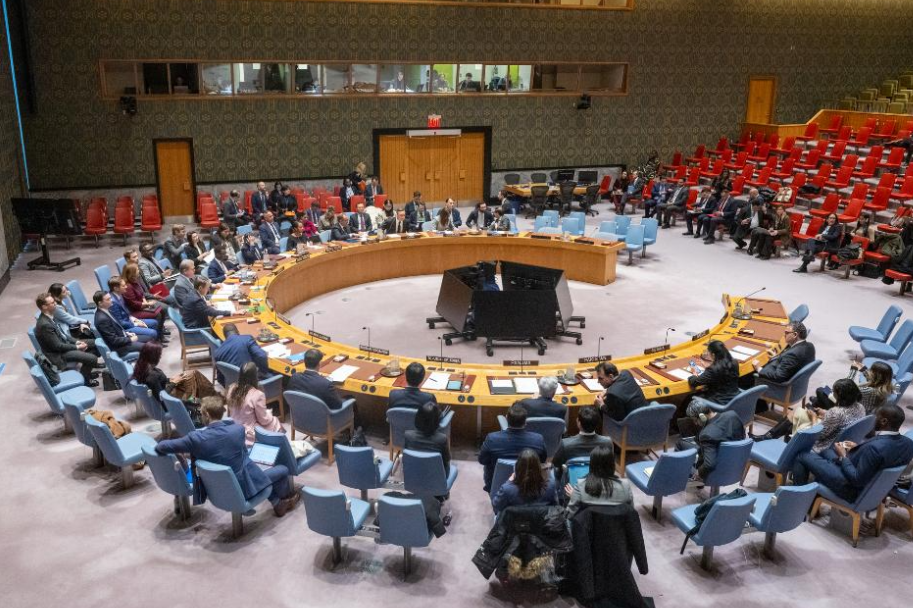Concessions boost hopes for Indian farm row talks






The Indian government and protesting farmers have made some headway on resolving grievances triggered by new farm laws that angered much of rural India.
Representatives from the two sides on Wednesday reached a consensus on two issues after protracted talks: The decriminalization of stubble-burning and the safeguarding of power subsidies to farmers. And more talks have been scheduled.
However, the meeting that day failed to break the deadlock over the most contentious issues. The government is resisting the farmers' demands that the three farm laws be repealed and that they gain a legal guarantee for minimum support price for farm produce.
Despite the coronavirus pandemic, the farmers have been blockading highways connecting New Delhi to northern India for nearly five weeks, obstructing transportation and hurting manufacturing businesses, among others, in the north.
The next round of talks on the two outstanding issues will start on Monday. On Wednesday, the farmers vowed to continue their protests outside Delhi until the new laws are repealed.
After the meeting of almost five hours, Union Agriculture Minister Narendra Singh Tomar said: "The farm unions were apprehensive about farmers facing fines and jail for stubble-burning cases under the ordinance on air quality in the capital. We have agreed to exclude farmers from these penalties.
"Farmers felt that amendments to the Electricity Act will harm them, and wanted to ensure the continuance of state power subsidies for irrigation purposes. We have reached an agreement on this also."
Tomar said he had asked the farmers to immediately end their blockade of the highways.
It was the sixth round of talks between representatives of more than 40 farmers' organizations and officials of the central government.
Karori Singh, an emeritus fellow and former director of South Asia Studies Centre at the University of Rajasthan, said: "The core demands still stand. Both the farmers and the government agreed to search for an alternative to the farmers' position of repeal and the government's offer of amendments. The choice is very limited, resulting in tightrope walking, as both sides stick to their positions."
However, he added: "A goodwill or understanding has been generated. The farmers postponed a planned tractor rally to intensify the movement as a goodwill gesture while the government agreed on the two minor demands."
He sees the creation of goodwill as a positive sign for the talks on Monday.
The farmers have dug in on their demands that the farm laws be scrapped. For its part, the government, under Prime Minister Narendra Modi, has tried to explain the benefits of the legislation.
"The talks were positive. The government was insisting that we should end the agitation. But we won't take back our movement," said Balkaran Singh Brar, a farmers' representative who was at the meeting.
'Hard for a consensus'
Buddhi Prasad Sharma, an associate professor at Leshan Normal University in Sichuan province, said it is proving difficult for the two sides to reach a consensus.
"The Modi government's pro-capitalist policy is at odds with the farmers' agenda, and the farmers have claimed that the government serves only the rich or elite groups," he said.
"It seems that due to the farmers' long protest, Modi's popularity may have fallen among the common people."
Guo Xuetang, a professor at the Institute of International Strategy and Policy Analysis at the Shanghai University of International Business and Economics, said it is unlikely that Modi, as a strong-minded and determined leader, will repeal the laws. Moreover, they have already been enacted, Guo said.
"But facing the mounting pressure from the farmers and their protests, it is possible that he will make some minor changes to suit their needs, such as better ensuring their interests to gain their support," the academic said.
Aparajit Chakraborty is a freelance journalist for China Daily.





























